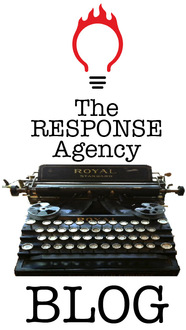If you must explain why your product name is cool, it ain’t cool.

Sorry, but professional ethics prevent disclosing the company’s name. But I will say this: In print it looked made-up. I couldn’t even tell how to pronounce it. When one of the VPs in the meeting said it aloud, I thought it sounded a lot like what I’d yelled earlier that morning when I stubbed my toe en route to the bathroom.
“It’s a real word,” enthused the above-referenced VP. “It’s in the dictionary. It means [not telling]. Isn’t that cool?”
I looked it up upon returning to my office. Yep. Real word.
But as for “isn’t it cool,” the answer is no—because it’s waaaaay obscure. Chances are you have never heard or used it. If I disclosed it, you’d probably have to right-click on it for a definition. Assuming you cared enough to bother.
When you must explain what your name means, then no, it isn’t cool. It’s an inside joke. One that only people on the inside will appreciate.
The better bet is to pick a self-explanatory name. It is, for instance, pretty clear what’s for sale at Dressbarn or Burger King. This is not to say that all is lost if your name isn’t self-explanatory. Just be sure never to let it out of the office without a clear descriptive line. It is, for instance, pretty clear what’s for sale at ROSS when it’s followed by DRESS FOR LESS or at Walgreen’s when it’s followed by PHARMACY.
There are exceptions. McDonald’s, Kroger, and Best Buy are neither self-explanatory nor typically accompanied by a descriptive line. If you have in your advertising budget the billions you’ll need to attain their level of awareness, go for it.
The people in the meeting loved their name and, more important, were offering my firm money to handle their direct mail. So I kept my yap shut—no small feat for me.
Obscure name notwithstanding, the direct mail we created and mailed for them was quite successful. Thanks for asking.
 RSS Feed
RSS Feed



